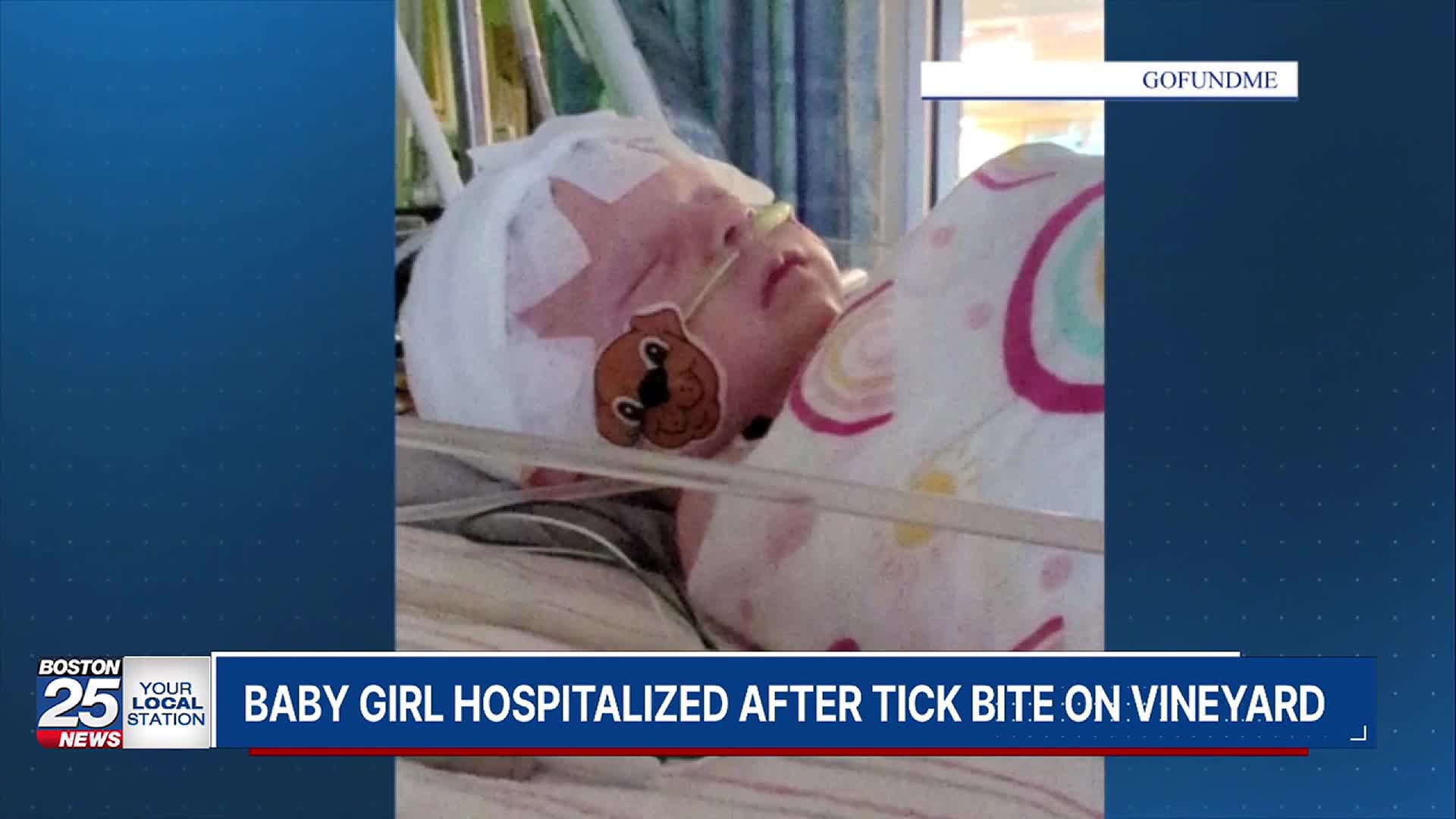
A tiny infant is battling for her life in intensive care at Mass General Brigham after what her parents believe was a tick bite on Martha's Vineyard. The one-month-old girl, Lily Sisco, is suspected of contracting Powassan virus, a rare and potentially deadly tick-borne illness for which there is no specific cure.
The family believes the incident occurred while they were on a bike path near their home in West Tisbury. Lily was quickly transported to Boston after her condition deteriorated and she began experiencing seizures. Health authorities on Martha's Vineyard are awaiting the results of final tests to definitively confirm the Powassan diagnosis.
A Mother's Plea
Tiffany Sisco, Lily's mother, shared her family's ordeal in a heartfelt Facebook post, stating that Lily is "still fighting daily at MGH and continuing to leave the doctors speechless with her progress." She urgently urged others to take precautions, writing, "Please, please, please check yourselves, your children and your pets."
The first sign of trouble appeared when Lily developed a fever after her parents noticed a tick, described as being the size of a needle tip, on her body.
Powassan Virus: A Growing Concern
If confirmed, Lily's case would represent the second known instance of Powassan virus on Martha's Vineyard in the past two decades. Dr. Jacob Lemieux, an Infectious Disease Physician at Mass General Brigham (though not directly involved in Lily's care), emphasized the severity of the current tick season in the Northeast. "This has been a particularly severe tick season in the northeast," he noted. He also suggested that reported cases of Powassan virus may only represent a fraction of the actual number of infections. "We also think we’re likely seeing the tip of the iceberg with Powassan virus."
Dr. Lemieux explained that many individuals exposed to Powassan virus might not even realize they have been infected. "Many patients who are exposed to Powassan virus don’t become infected or become infected and develop mild symptoms," he said. He also highlighted research indicating that Powassan virus can be transmitted in as little as 15 minutes following a tick bite.
Understanding Powassan Virus
The Centers for Disease Control and Prevention (CDC) has tracked 397 cases of Powassan virus nationwide between 2004 and 2024, with 50 resulting in fatalities. This year alone, there have been 24 cases reported across the country, with three of those occurring in Massachusetts.
Severe cases of Powassan virus can lead to long-term and debilitating neurological complications.
Prevention is Key: Protecting Yourself from Tick Bites
Health experts strongly recommend taking preventative measures to avoid tick bites. These measures include:
- Using Insect Repellent: Apply a repellent containing 30% DEET to exposed skin.
- Treating Clothing: Use a permethrin-based repellent on clothing, shoes, and outdoor gear. Permethrin kills ticks on contact.
- Performing Tick Checks: Conduct thorough tick checks on yourself, your children, and your pets after spending time outdoors, especially in wooded or grassy areas. Pay close attention to areas like the hairline, ears, armpits, groin, and behind the knees.
- Creating a Tick-Safe Zone: Keep lawns mowed and clear brush and leaf litter around your home to reduce tick habitats.
- Wearing Protective Clothing: When possible, wear long sleeves, long pants tucked into socks or boots, and a hat when venturing into tick-prone areas.
- Showering After Outdoor Activities: Showering within two hours of coming indoors can help wash off unattached ticks and reduce your risk of infection.
Community Support for Lily
In the wake of this tragic situation, a GoFundMe page has been established to assist Lily's family with the mounting medical expenses. As of Tuesday night, the fundraising effort had already garnered over $25,000, demonstrating the community's overwhelming support for the Sisco family during this difficult time.
Post a Comment for "Tick Bite Nightmare: Newborn Fights for Life on Martha's Vineyard"